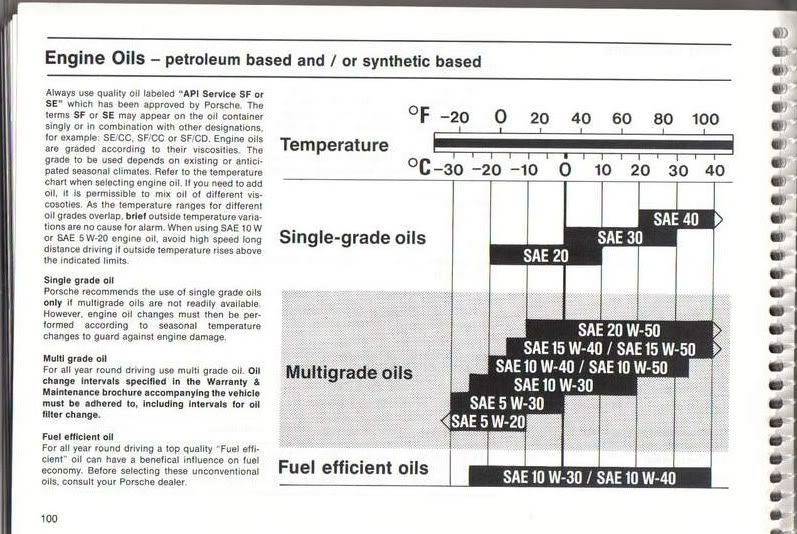My ten pence worth:
The numbers (20W/50) denote only the oils physical properties, without any information on their performance characteristics (Synthetic %, protection, detergents etc.). These can vary widely between different manufacturers of the same multigrade. A base 'mineral' oil with no modern synthetic additives is unlikely to be great in terms of performance (the Halfords recommended oil change interval of 2-3000 miles could be a clue here).
When talking about a multi grade oil, the '20W' or winter number denotes the oils flow properties when cold (measured at 0°F) . For example, at given viscosity a 0W oil would be at -30°C and a 20W oil would be at -10°C.
Variations in this number will tend to affect the following aspects of the engine:
-- Cold cranking friction >> Starting efficiency
-- Pumping rates >> Hydraulic tappet filling + Camshaft/lobe lubrication
-- Drain back rates > Sludge collection
The second number (50) refers to the oil's flow properties at 100°C.
Variations will tend to affect the following:
-- Running friction >> Fuel consumption and Peak power
-- Consumption rates >> Flow past piston rings and (to a lesser extent) valve guides
IMHO from an optimum performance standpoint, and assuming a healthy engine, I would argue that 20W/50 is a little thick for our UK climate and normal 944 usage.
If you don't live somewhere hot and spend most of your time with a normal oil temp (i.e. not 100°C plus), I would be inclined to go for a good quality 10W/40 e.g. Millers, Mobil, Shell etc.
Or at the very least, stick with the Millers synthetic 20W/50.
 ]) and I was wondering if anyone had any thoughts on this before I comit to the oil change?
]) and I was wondering if anyone had any thoughts on this before I comit to the oil change?









